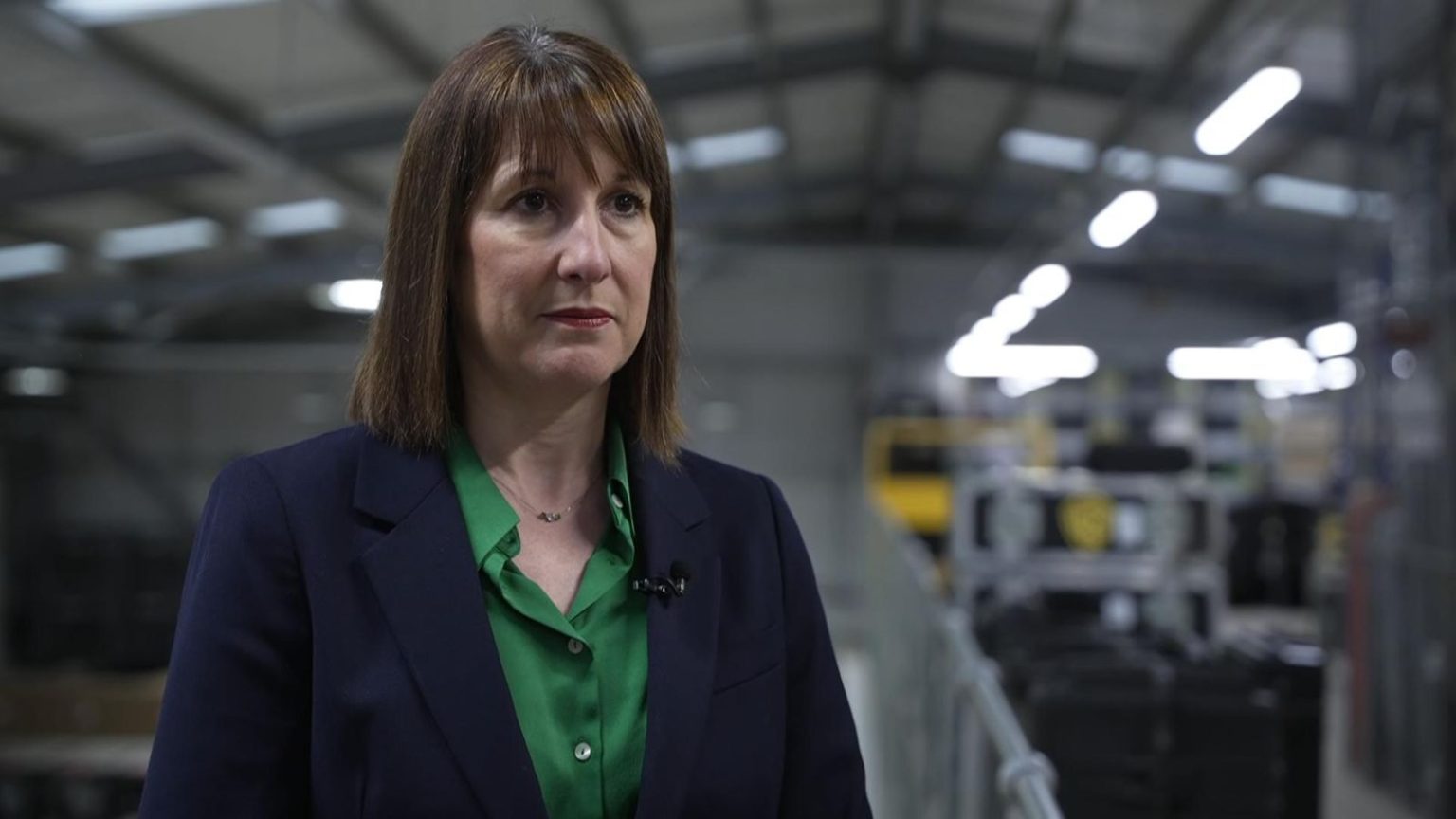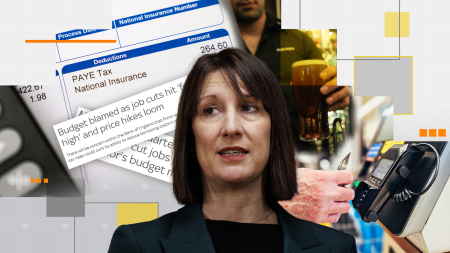Pressure Mounts on Chancellor Rachel Reeves Amid Rising Borrowing Costs and Falling Tax Revenue
A Challenging Financial Landscape for the UK Government
Chancellor Rachel Reeves is facing increasing pressure to either raise taxes or implement public spending cuts as the latest official figures reveal that government borrowing has exceeded expectations while tax revenue has fallen short. The Office for National Statistics (ONS) reported a record budget surplus of £15.4 billion in January, the largest since records began in 1993. This surplus indicates that the public sector generated more income than it spent during the month. However, despite this surplus, borrowing for the year has surpassed the Office for Budget Responsibility’s (OBR) forecast of £105.4 billion, reaching £118.2 billion. Additionally, borrowing in January was £11.6 billion higher than the same period last year, marking the fourth-highest borrowing figure on record. These figures highlight the growing financial challenges facing the UK government, with tax revenue and surplus falling below economists’ expectations.
The Economic Context: A Delicate Balance of Surpluses and Borrowing Costs
January is typically a strong month for tax collection, as self-assessed tax returns are submitted. However, the tax revenue and surplus reported were lower than what economists had anticipated. This underperformance in tax collection, combined with rising borrowing costs, has raised concerns about the sustainability of the government’s fiscal strategy. The UK’s long-term borrowing costs surged in January, with interest rates on government bonds reaching decades-high levels. This increase in borrowing costs was driven by higher inflation and expectations of prolonged higher interest rates. These factors have eroded the chancellor’s fiscal headroom, the financial buffer that allows the government to spend while adhering to its fiscal rules. The situation has sparked fears that Chancellor Reeves may be forced to either abandon her debt reduction targets or implement austerity measures to stabilize the public finances.
Expert Predictions: Tax Rises and Spending Cuts on the Horizon
Economic research firms have sounded the alarm, warning that the chancellor’s fiscal headroom may have been entirely wiped out. Pantheon Macro’s senior UK economist, Elliott Jordan-Doak, stated, “It will only get worse from here,” predicting that spending cuts and tax rises are inevitable. Similarly, Alex Kerr, a UK economist at Capital, argued that Chancellor Reeves will need to raise taxes and/or cut spending in the upcoming fiscal update on 26 March to meet her fiscal rules. These rules include reducing government debt and balancing the budget by 2030. The consensus among economists is that the current trajectory of borrowing and tax revenue makes it impossible to maintain the status quo, leaving the chancellor with limited options to restore fiscal stability.
The Government’s Response: Commitment to Fiscal Discipline
In response to the worrying financial data, Darren Jones, Chancellor Reeves’s deputy, reaffirmed the government’s commitment to economic stability and fiscal discipline. Jones emphasized that the government is carefully reviewing every pound spent, a process that has not been undertaken in 17 years. He stated, “We will never play fast and loose with the public finances,” ensuring that every penny aligns with the country’s priorities as outlined in the government’s plan for change. This approach reflects the government’s determination to maintain control over public spending while addressing the challenges posed by rising borrowing costs and stagnant tax revenue.
Implications for Taxpayers and Public Services
The combination of higher borrowing costs, lower tax revenue, and the need to adhere to fiscal rules creates a difficult dilemma for the government. If the chancellor opts for tax increases, it could squeeze households already grappling with cost-of-living pressures. On the other hand, spending cuts could impact public services, potentially affecting key areas such as healthcare, education, and welfare. The government must strike a balance between maintaining fiscal discipline and supporting vulnerable populations during this economically volatile period. The decisions made in the lead-up to the 26 March fiscal update will have far-reaching consequences for both taxpayers and public service users.
Looking Ahead: A Pivotal Moment for UK Fiscal Policy
The current financial situation represents a critical juncture for the UK government. With borrowing costs at historic highs and tax revenue underperforming, Chancellor Reeves faces the unenviable task of restoring fiscal stability without exacerbating the economic hardship faced by many Britons. The upcoming fiscal update will be closely watched as the chancellor outlines her plans to address these challenges. Whether through tax increases, spending cuts, or a combination of both, the measures taken will shape the economic landscape of the UK for years to come. One thing is clear: the pressure on Chancellor Reeves to deliver a balanced and sustainable fiscal strategy has never been greater.















